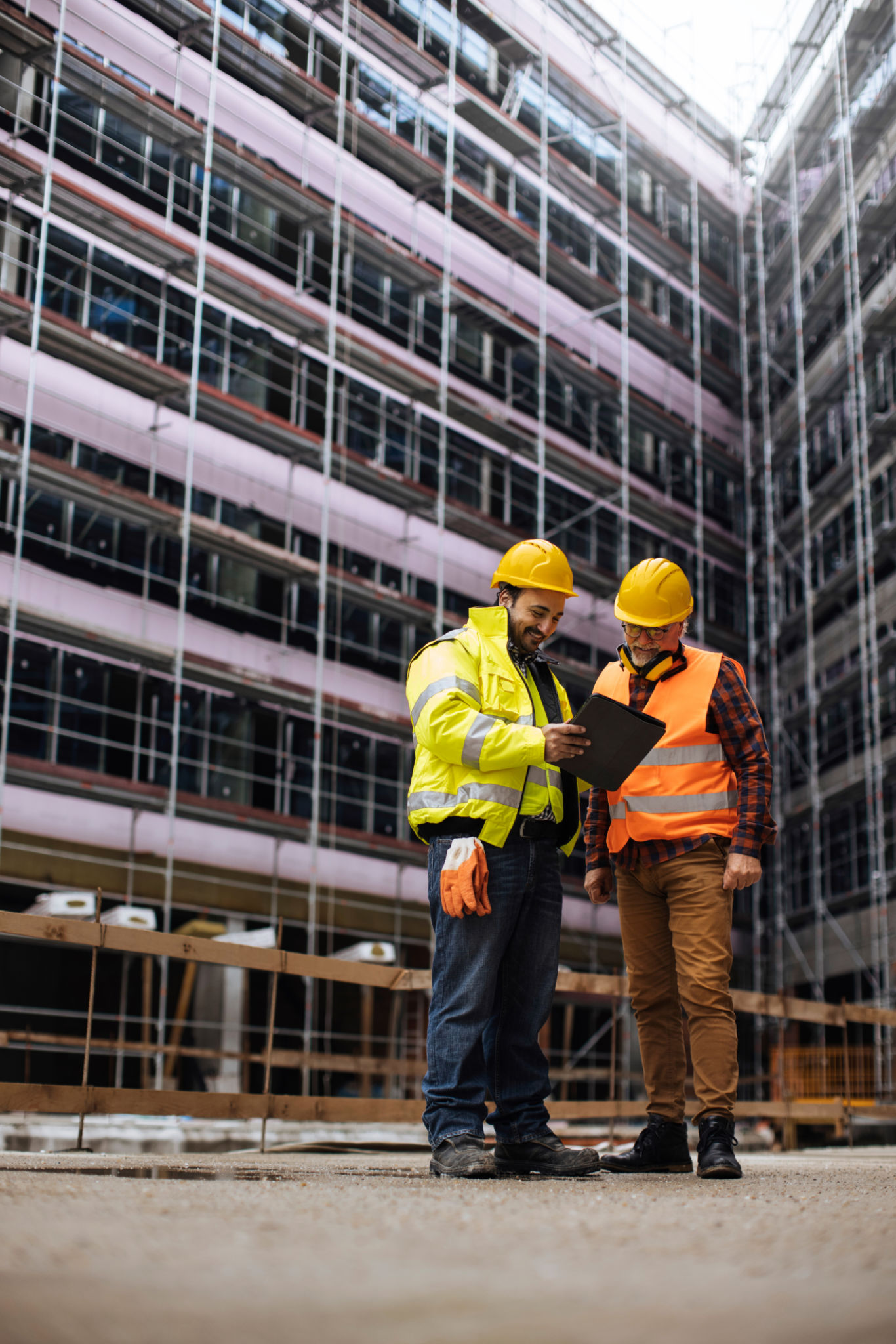Understanding Local Building Regulations for Commercial Construction in Canada
Understanding Local Building Regulations for Commercial Construction in Canada
Embarking on a commercial construction project in Canada requires a comprehensive understanding of local building regulations. These regulations are in place to ensure safety, sustainability, and compliance with national standards. Whether you're a seasoned developer or new to the industry, understanding these regulations is crucial for a successful project.
Building regulations can vary significantly depending on the province or territory, as each jurisdiction has its own set of rules and codes. It’s essential to be aware of these differences to avoid any potential legal issues or delays in your construction timeline. Local municipalities may also have additional bylaws that must be adhered to.

Key Aspects of Building Regulations
The primary focus of building regulations is safety. This includes structural integrity, fire safety, and accessibility. Ensuring that your project meets these standards is not only a legal obligation but also a moral one. Compliance with these standards helps protect both the occupants of the building and the surrounding community.
Another critical aspect is environmental sustainability. Canadian building codes often incorporate green building practices, encouraging developers to use sustainable materials and technologies. This not only benefits the environment but can also lead to cost savings in the long term through energy efficiency.
Steps to Ensure Compliance
To ensure your commercial construction project complies with local building regulations, it’s important to follow a few key steps:
- Conduct thorough research on provincial and municipal building codes.
- Consult with local authorities early in the planning process.
- Engage with experienced architects and engineers who are familiar with local regulations.
- Schedule regular inspections throughout the construction process.
By taking these steps, you can help ensure that your project progresses smoothly and without unnecessary interruptions. Keeping an open line of communication with local authorities will also aid in addressing any potential compliance issues early on.

The Role of Professionals in Navigating Regulations
Hiring professionals who are well-versed in local building codes is invaluable. Architects, engineers, and project managers who have experience working in the specific region where your project is located can provide crucial insights and guidance. They can help you navigate the complexities of building regulations and ensure that all requirements are met.
Additionally, these professionals can assist in obtaining the necessary permits and approvals from local authorities. This can be a time-consuming process, but with expert assistance, it becomes more manageable and efficient.
Future Trends in Building Regulations
As we look to the future, it’s clear that building regulations will continue to evolve. There is a growing emphasis on sustainability and energy efficiency, which is reflected in the increasing integration of green technologies into building codes. Staying informed about these trends is essential for developers looking to remain competitive in the market.
Moreover, advances in technology are likely to influence how buildings are constructed and regulated. Innovations such as smart building systems and new construction materials may lead to updates in regulations, ensuring that they remain relevant and effective in promoting safety and sustainability.

In conclusion, understanding local building regulations for commercial construction in Canada is a complex but crucial aspect of any development project. By staying informed, engaging with experienced professionals, and adhering to all regulatory requirements, you can ensure the success and compliance of your construction endeavors.
